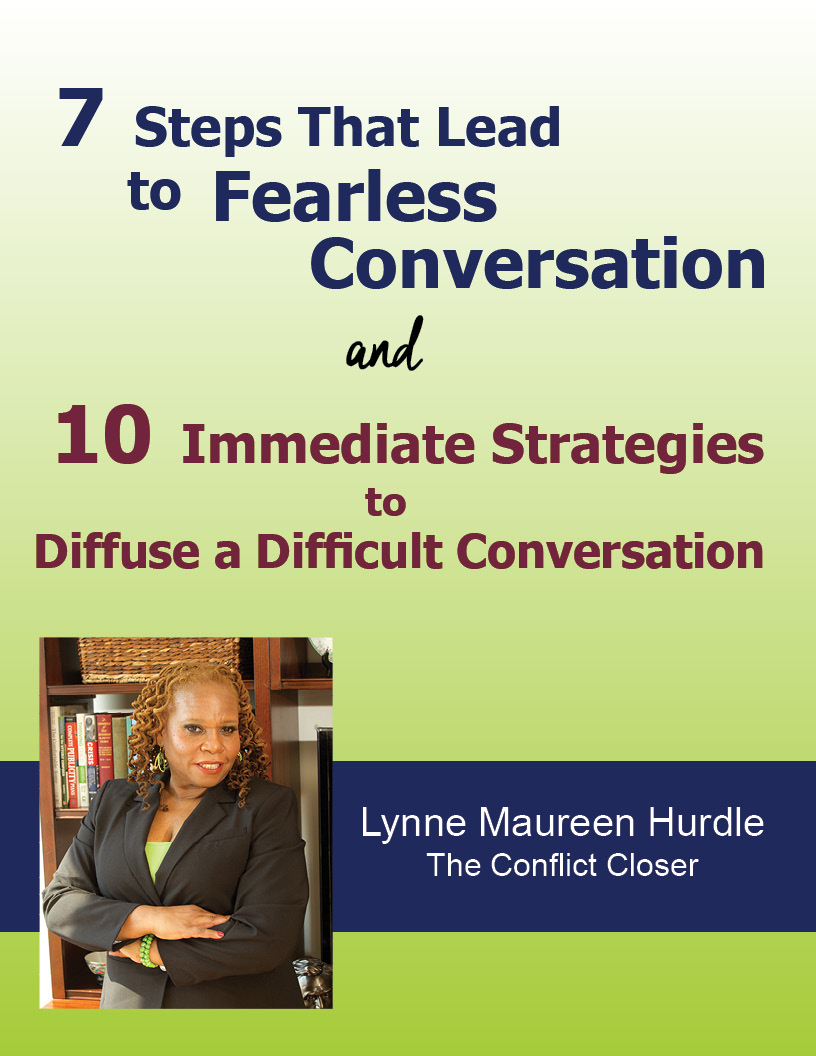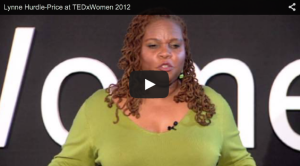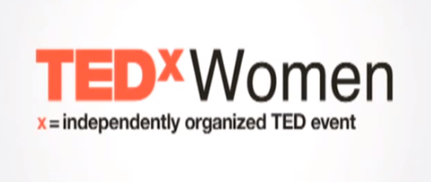I have sons under the age of 30 and a part of their world is watching videos uploaded to social media sites. More and more, these videos are of real life conflicts that have captured the attention of tweens, teens and adults all over the globe. With the ushering in of “everyone has a camera and is recording so make it good” era, conflict is available entertainment 24/7.
For those not out there making television, a large number are secretly getting their “conflict fix” from Reality TV. Just this week, I was in a school where some staff members sheepishly revealed their Reality TV “crushes.”
Having had my own adventure with national television, many years ago I was one of five finalists for Nick at Nite’s first Funniest Mom In America contest. It was one of the best cocktail mixtures of good times and hard work I have ever experienced. However, much like the night after too many yummy cocktails, when the show aired, it didn’t play out as I remembered. There was so much editing that happened. Such is the way of Reality TV. As it becomes more scripted, the conflicts more premeditated and the editing more skillful, much of its audience is turning to real life. Ironic, since this is what Reality TV is touted as representing.
 What is a real life conflict resolver to do? Should I have told my sons “stop watching that crap! I have taught you better than that?” I’ve tried. It’s all too exciting for that and they have to discover what the appeal is for themselves and then make their own choices. Should I run out into the streets with my own camera and film myself helping people delve into their souls to figure out why they are responding the way they are to their conflict? I’m pretty sure most people would get tired of it after the first couple of videos unless I got punched out.
What is a real life conflict resolver to do? Should I have told my sons “stop watching that crap! I have taught you better than that?” I’ve tried. It’s all too exciting for that and they have to discover what the appeal is for themselves and then make their own choices. Should I run out into the streets with my own camera and film myself helping people delve into their souls to figure out why they are responding the way they are to their conflict? I’m pretty sure most people would get tired of it after the first couple of videos unless I got punched out.
So what is the answer? I don’t think there has to be one, but I would like to offer a possible response. Conversation. Real life, honest conversation with no judgment, just listening for understanding and responding from a place of compassion. Conversation that goes deep. Deep into childhood wounds, cultural norms, learned behavior, gender roles, religion and repressed souls. Deep into the why’s of responding to each other by wounding silently, verbally and physically.
My love and admiration goes out to my fellow conflict resolver’s who are hosting those conversations from the living rooms to the boardrooms. Now let’s go deeper. We need national conversations on the really tough stuff that keeps us searching for ways to bury what we are really feeling.
Let’s make conflict less about Reality TV and Real Life video making and more about Real Life-long Conversation.
In love,
Lynne





